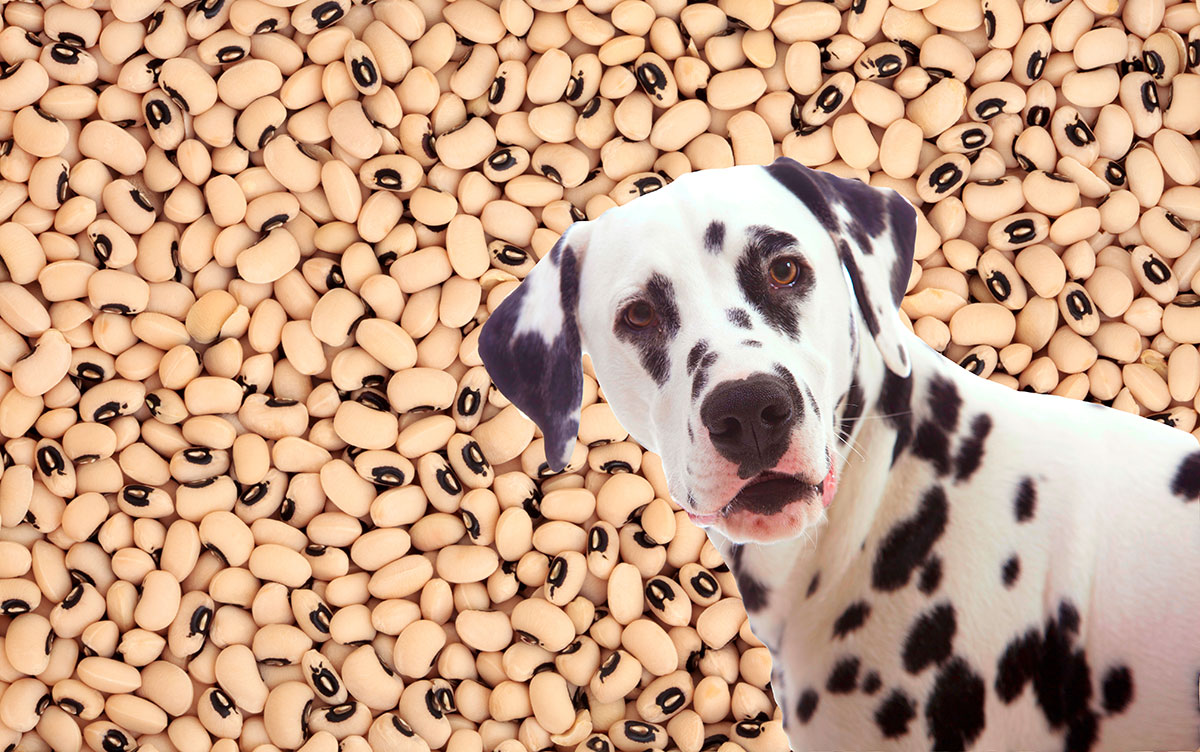If you’ve ever wondered if black eyed peas are safe for your furry friend, you’re not alone. These medium-sized legumes are enjoyed in cuisines worldwide, but can they be a healthy addition to your dog’s diet? In this article, we’ll explore the benefits of black eyed peas for dogs and answer all your questions. So, let’s dive right in!
Is It Safe for Dogs to Eat Black Eyed Peas?
Despite their name, black eyed peas are actually beans. Like most other types of beans, they are perfectly safe for your dogs to consume. Black eyed peas can be offered as an occasional treat or as a supplement to your dog’s main meal. However, it’s important to note that they should not replace animal protein or be served as a primary meal on a regular basis.
Can Dogs Eat Other Types of Beans and Peas?
Yes, dogs can enjoy other types of beans and peas as well. Green beans, kidney beans, butter beans, pinto beans, and black beans are all suitable options for your furry companion. These beans can be incorporated into your dog’s diet as supplements or treats. Bean sprouts are also safe for dogs when served in moderation.
How Much Black-Eyed Peas Can A Dog Eat Per Day?
When it comes to serving black eyed peas to your dog, moderation is key. As long as you limit them to occasional treats or sprinkle them on top of your dog’s primary meal as an additional source of carbs and protein, there’s no need to worry about specific quantities. However, it’s important to remember that treats and extra foods should never exceed 10% of your dog’s daily caloric intake. Overfeeding your dog with black eyed peas or other types of beans can lead to digestive issues, such as gassiness and diarrhea.
What Are the Nutritional Benefits of Black Eyed Peas for Dogs?
In addition to being a good source of protein and carbohydrates, black eyed peas offer several essential minerals and vitamins. They contain iron, calcium, vitamin B (especially folates), vitamin A, and zinc. These nutrients contribute to your dog’s overall health and well-being.
What is the Ideal Way to Serve Black Eyed Peas to Dogs?
To make it easier for your dog to digest black eyed peas, it is recommended to soak them overnight and then boil them until they’re soft and easy to chew. This preparation method ensures that your furry friend can enjoy the nutritional benefits of black eyed peas without any digestive discomfort.
Frequently Asked Questions
Q: Can black eyed peas be the main source of protein for dogs?
A: No, black eyed peas should not replace animal protein as the main source of protein for dogs. Animal protein is superior and should remain a critical part of your dog’s diet.
Q: Are black eyed peas difficult for dogs to digest?
A: Compared to animal-based protein, black eyed peas and other types of beans can be more challenging for dogs to digest. It is important to feed them in moderation to prevent digestive issues.
Q: Can dogs eat cooked black eyed peas?
A: Yes, dogs can eat cooked black eyed peas. Just make sure to prepare them properly, soaking and boiling them until they are soft and easy to chew.
Conclusion
In conclusion, black eyed peas are safe and beneficial for dogs when served in moderation. They can provide additional protein and carbohydrates to your dog’s diet, along with essential vitamins and minerals. Remember to incorporate black eyed peas as a supplement or treat, and not as a replacement for animal protein. So go ahead and share a healthy and delicious meal with your furry companion!
To learn more about Pawsoha and discover other informative articles, visit Pawsoha.

